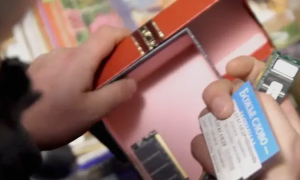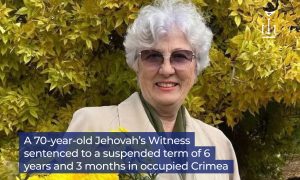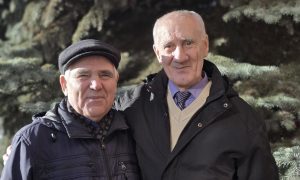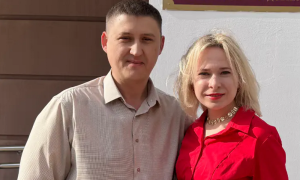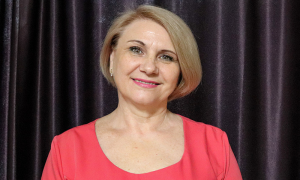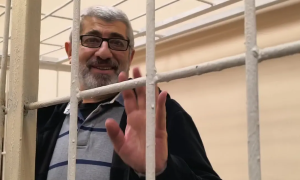Russian senators approved, Wednesday (2), by a large majority, a law which prohibits anyone considered extremist to stand for election in the country. The decision, in practice, paves the way for the ban on the participation of opponents of President Vladimir Putin, such as Alexei Navalni and his allies.
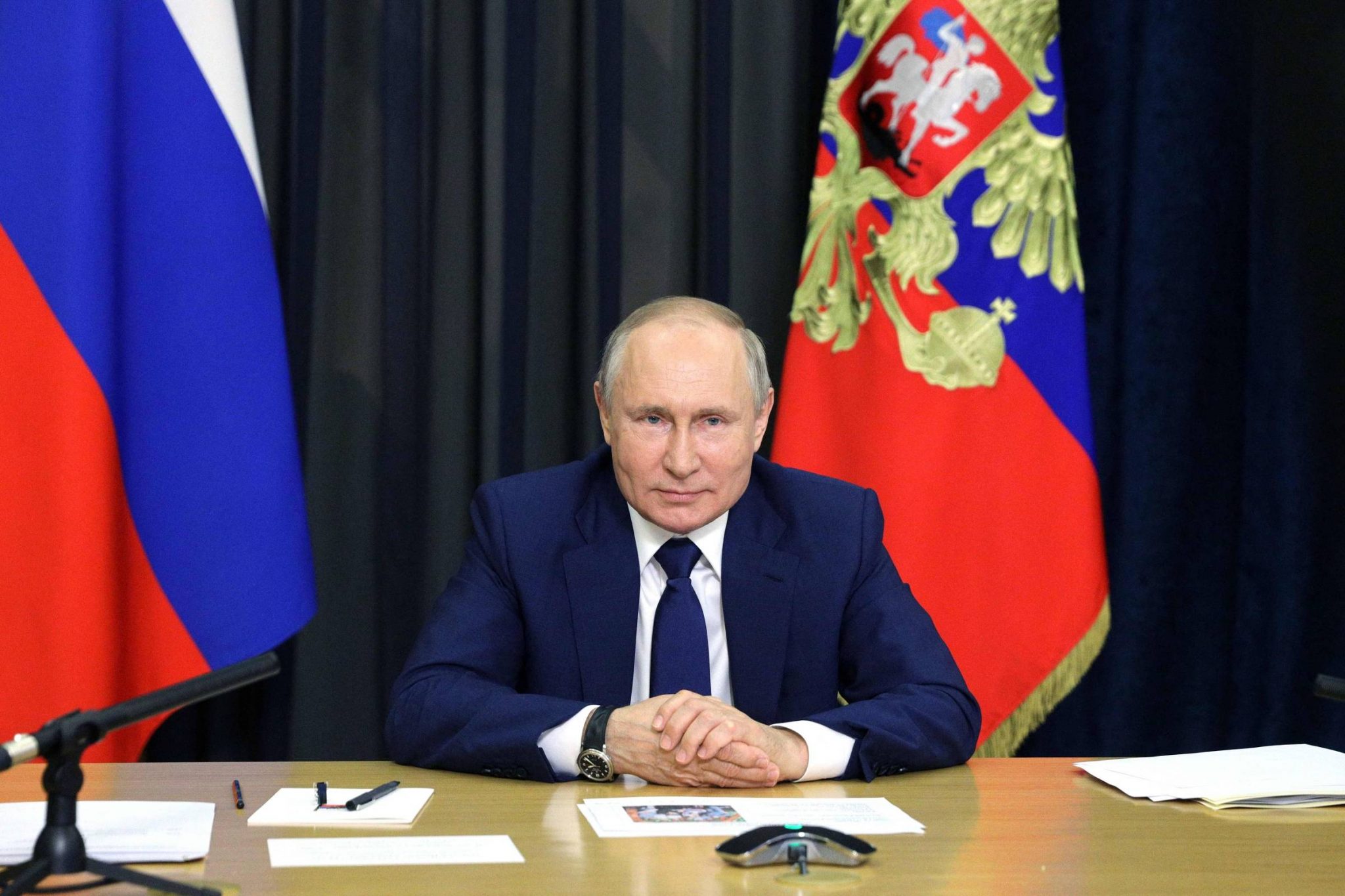
The term “extremism” has a very broad definition in Russian law and allows the authorities to fight against opposition organizations like the Anti-Corruption Foundation founded by Navalni, and racist or terrorist factions, as well as religious groups like the Witnesses. of Jehovah.
The bill was approved by 146 senators and received only one vote against and one abstention. For it to come into force, Putin’s signature is enough.
In April, Russia’s judiciary – nominally independent but often Kremlin-aligned – ordered the suspension of the activities of organizations linked to Navalni. The measure is linked to a process in which prosecutors are calling for a final ban on groups accused of extremism.
So in addition to not being able to stand for election, anyone linked to the opponent – who made headlines around the world after being poisoned last year – could be barred from standing for election in Russia. .
The new law applies to heads of organizations, who lose the right to stand for election for five years, and activists and tens of thousands of supporters of causes considered extremist through donations, who may be barred from standing. present for three years.
This week, Russia gave new signs of hardening against its opponents three months before the parliamentary elections, scheduled for September. On Monday (31), Andrei Pivovarov, 39, was abducted by police from a flight that was about to take off from St. Petersburg to Warsaw, Poland, and taken into police custody. He was the director of Open Russia, a group known for its critical stance on the Kremlin which shut down last week to keep its supporters from facing criminal prosecution.
According to his team, Pivovarov had his apartment raided by agents on Tuesday (1) and became the target of an investigation for alleged violations of Russian law on “unwanted organizations” – the way the Kremlin refers to entities of ‘opposition. He must remain in prison for at least two months.
Also Tuesday, Dmitry Gudkov, 41, a prominent opponent of Putin and former lawmaker, was arrested for breach of a real estate contract, according to the Tass news agency. As a lawmaker, Gudkov was kicked out of his party in 2013 for helping organize protests against the Kremlin.
On his social media, he said his detention, which could turn into a five-year sentence if convicted by justice, is politically motivated – a hypothesis denied by Putin’s spokesperson.
The most important name of the opposition to the Russian president remains Navalni, 44. Blogger and lawyer, he appeared in the public arena during protests against Putin in 2012. The following year, he ran for mayor of Moscow and won 27% of the vote. But it was in 2017 that he appeared to the world, commanding via the Internet the convening of a protest trip that brought together thousands of people in the streets. Due to charges in court, he was not allowed to appear against Putin in 2018.
He then moved on to another tactic: fomenting any regional candidacy against United Russia, the ruling party. He achieved symbolic successes in the local elections of 2019 and 2020, but now, with him in prison, his wife, Iulia Navalnaia, is expected to rise to prominence in opposition to Putin.
Navalni was poisoned in August 2020 and directly accused Putin of the assassination attempt. He was treated in Berlin, where doctors claimed to have found traces of Novichok, a famous poison used by the Russian secret service, on his body.
Later, the opponent released the recording of a prank call that had one of the agents of the FSB (Federal Security Service, successor to the KGB) named as the perpetrators of the attack – in it, the spy believes he is talking to a superior and admits to having put poison in his underwear of the activist in a hotel room. The Kremlin denies any involvement, and Putin joked that if Russia had wanted to kill Navalni, it would have done so.
The opponent was arrested in January after returning to Russia after being treated in Germany for poisoning. The activist is formally accused of violating the conditions of his probation by leaving the country, even though the departure took place under a medical excuse – he was in a coma.
Navalni was sentenced to a commuted prison sentence for fraud in 2014 in a trial he calls prosecution. The Russian court upheld the anti-corruption activist’s conviction in February. In total, he was sentenced to three and a half years in prison, of which he has already served ten months at home.
At the end of March, Navalni went on a hunger strike to demand the right to receive proper medical treatment in prison. He said requests to be seen by a doctor of his choice and to receive medication for severe back and leg pain had been ignored.
The opponent also accused the guards of torture, claiming he was deprived of sleep by officers who woke him up every hour during the night. The hunger strike lasted 24 days, during which Navalni reportedly lost around 22 kg. {source}
